Private vs. Public vs. Hybrid
My apologies for the oversight! Let’s dive into the “Public vs. Private vs. Hybrid Cloud” short course offered by Torrens University. This course explores different models of cloud computing and how businesses can leverage this technology for data processing and storage. Here are the key points covered:
- Cloud Computing Models:
- Public Cloud: This model delivers cloud computing services via the internet and is shared across multiple organizations. Resources are pooled and accessible to a wide range of users.
- Private Cloud: In contrast, private cloud computing is dedicated solely to a single organization. It provides exclusive control over resources and infrastructure.
- Hybrid Cloud: A hybrid cloud environment combines elements of both public and private clouds. Organizations can benefit from the flexibility and scalability of public cloud services while maintaining sensitive data within a private cloud.
- Business Solutions:
- Understand how each cloud model can address specific business needs.
- Explore use cases where public, private, or hybrid clouds are most effective.
- Learn about data security, compliance, and cost considerations for each model.
- Data Processing and Storage:
- Discover how cloud computing enables efficient data processing and storage.
- Explore best practices for managing workloads in different cloud environments.
- Understand the trade-offs between scalability, performance, and security.
- Decision-Making Insights:
- Gain insights into evaluating which cloud model aligns with an organization’s goals.
- Consider factors such as data sensitivity, budget, and scalability requirements.
- Learn how to make informed decisions when adopting cloud solutions.
Remember, cloud computing is a dynamic field, and understanding the nuances of public, private, and hybrid clouds is crucial for IT professionals and businesses navigating the digital landscape. 🌐☁️
For more details, you can explore the course directly on the Torrens University website1.


